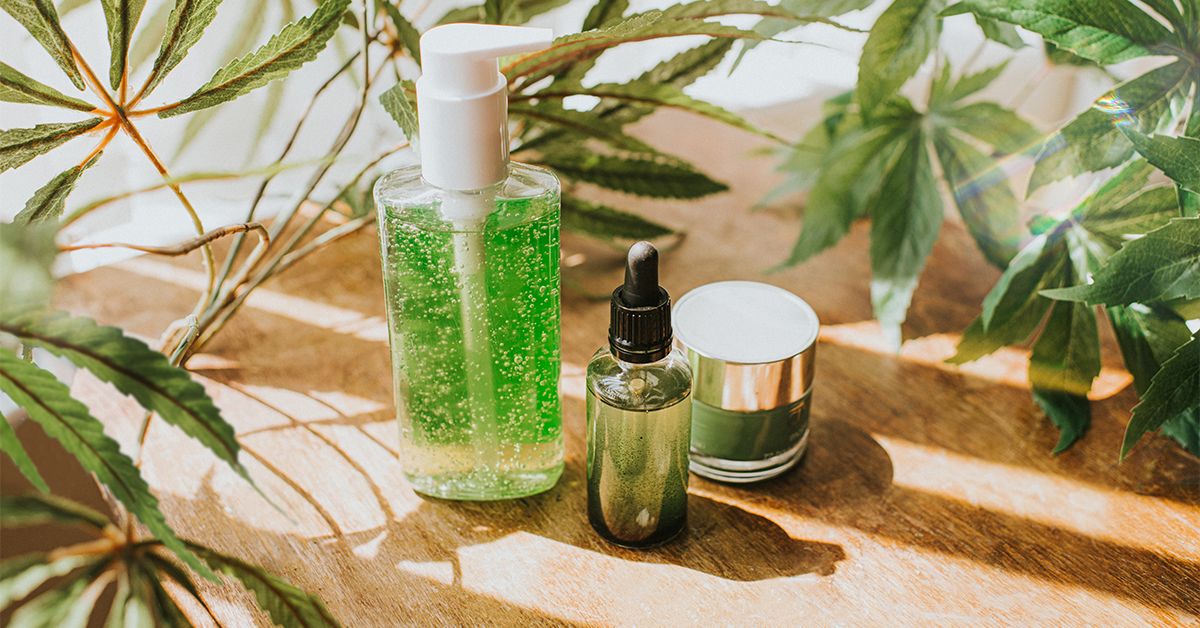
Depression is a common mental health disorder that affects millions of people around the world. Despite its prevalence, finding an effective treatment can be challenging. Many people are turning to CBD as a potential solution for their symptoms. CBD, short for cannabidiol, is a natural compound found in the cannabis plant. It is known for its therapeutic properties, including its ability to alleviate symptoms of anxiety, pain, and inflammation. In this article, we will explore the potential benefits of using CBD for depression and whether it can help improve your mood.
Contents
Understanding Depression
Depression is a complex mental health condition that can manifest in a variety of ways. It is characterized by persistent feelings of sadness, hopelessness, and a lack of interest in activities that were once enjoyable. Depression can also cause physical symptoms such as fatigue, difficulty sleeping, and changes in appetite. It is important to note that depression is not the same as feeling sad or having a bad day. It is a serious condition that requires proper diagnosis and treatment.

Current Treatment Options
The most common treatments for depression include therapy, medication, or a combination of both. Therapy can help individuals identify the underlying causes of their depression and develop coping mechanisms to manage their symptoms. Medications such as antidepressants are also commonly prescribed to help regulate the chemicals in the brain that are responsible for mood. However, these treatments can have side effects and may not be effective for everyone.
CBD for Depression
CBD has been gaining popularity as a potential alternative treatment for depression. It is believed to work by interacting with the body’s endocannabinoid system, which regulates various functions such as mood, appetite, and sleep. CBD is non-psychoactive, meaning it does not produce the “high” associated with THC, the compound in marijuana that is responsible for its psychoactive effects.
While research on CBD for depression is still in its early stages, preliminary studies have shown promising results. A 2018 review of studies concluded that CBD has potential as a treatment for various forms of anxiety, including social anxiety disorder, panic disorder, and post-traumatic stress disorder. Another study published in 2020 found that CBD could improve symptoms of depression in animals.
One of the advantages of CBD over traditional antidepressants is its lack of side effects. Many antidepressants can cause unpleasant side effects such as weight gain, sexual dysfunction, and fatigue. CBD, on the other hand, is generally well-tolerated and has few reported side effects.
Using CBD for Depression
If you are considering using CBD to manage your symptoms of depression, it is important to do so under the guidance of a healthcare professional. CBD can interact with certain medications, and its effects can vary depending on the dosage and delivery method.
CBD is available in a variety of forms, including oils, capsules, and topical creams. It is important to choose a high-quality product from a reputable manufacturer to ensure purity and potency. It is also important to start with a low dose and gradually increase until you achieve the desired effect.
Conclusion
CBD shows promise as a potential alternative treatment for depression. While more research is needed to fully understand its benefits and potential risks, preliminary studies have shown positive results. If you are considering using CBD for depression, it is important to do so under the guidance of a healthcare professional and to choose a high-quality product from a reputable manufacturer. With proper use and guidance, CBD may be able to help improve your mood and overall quality of life.


